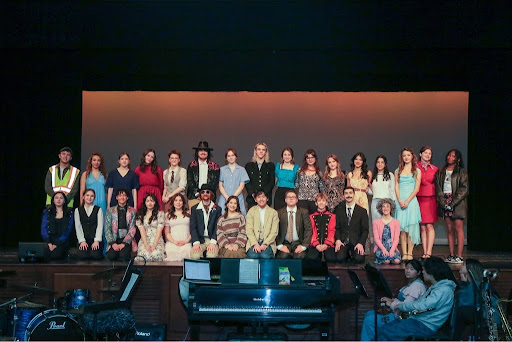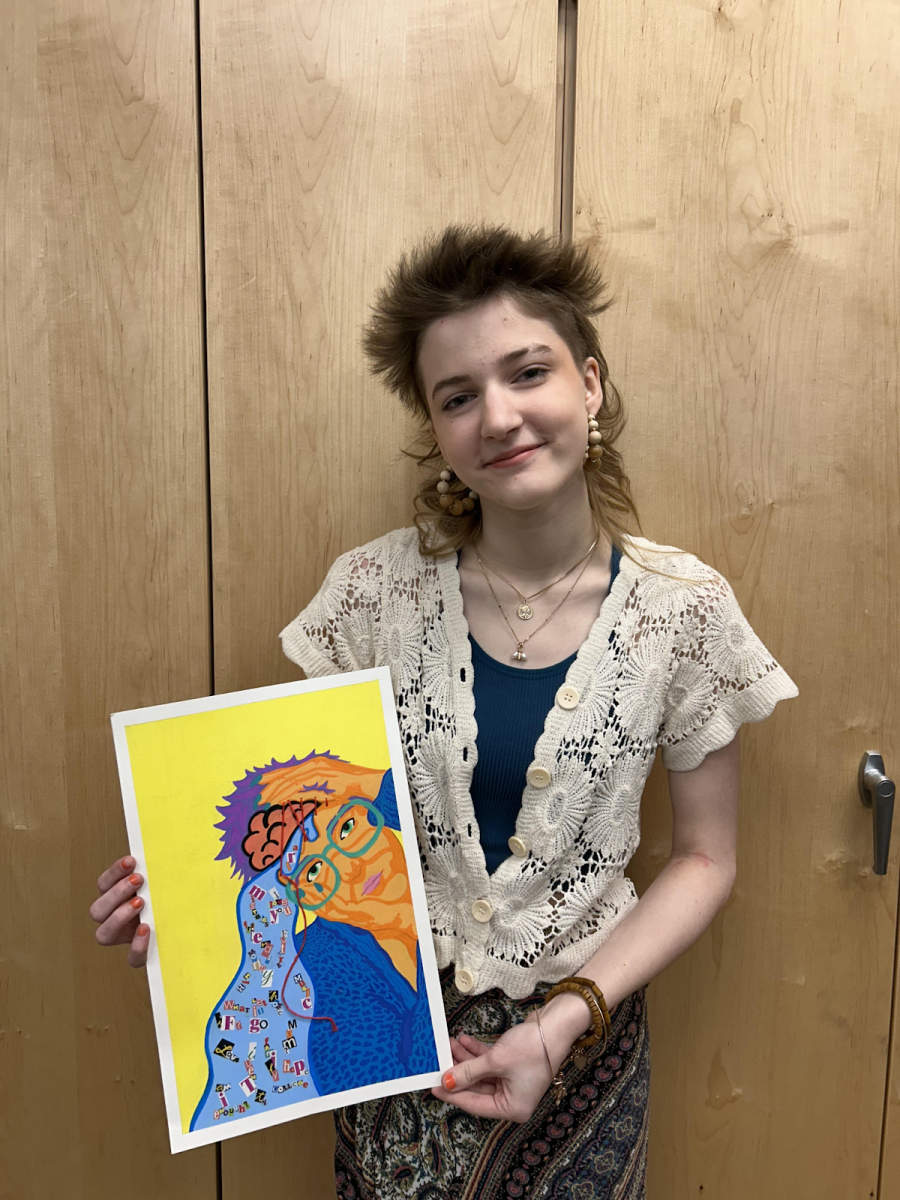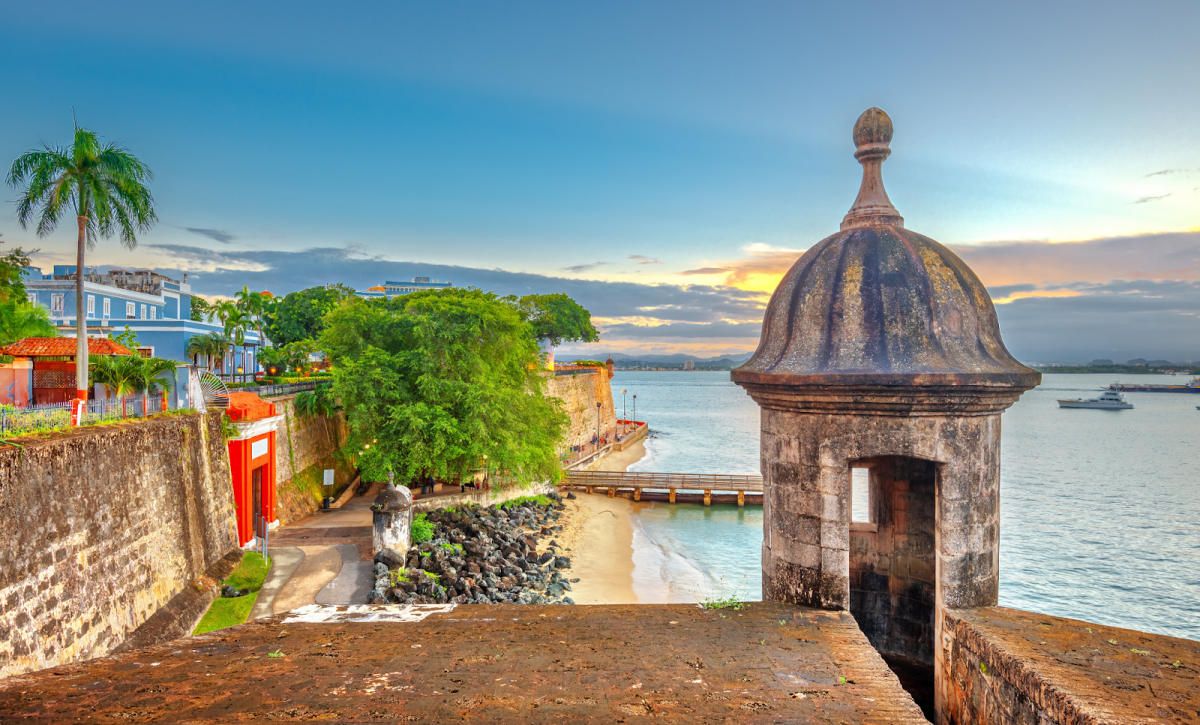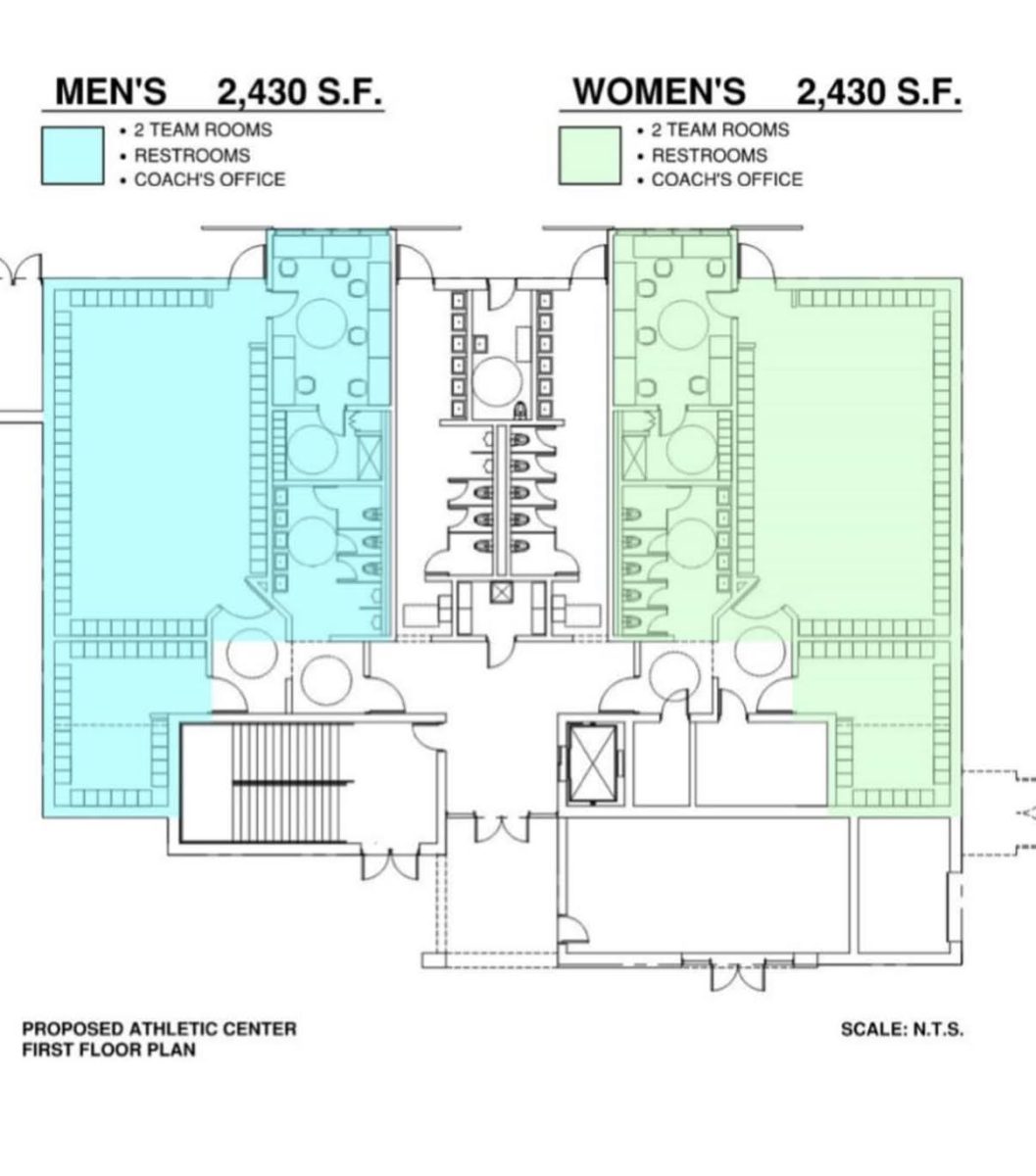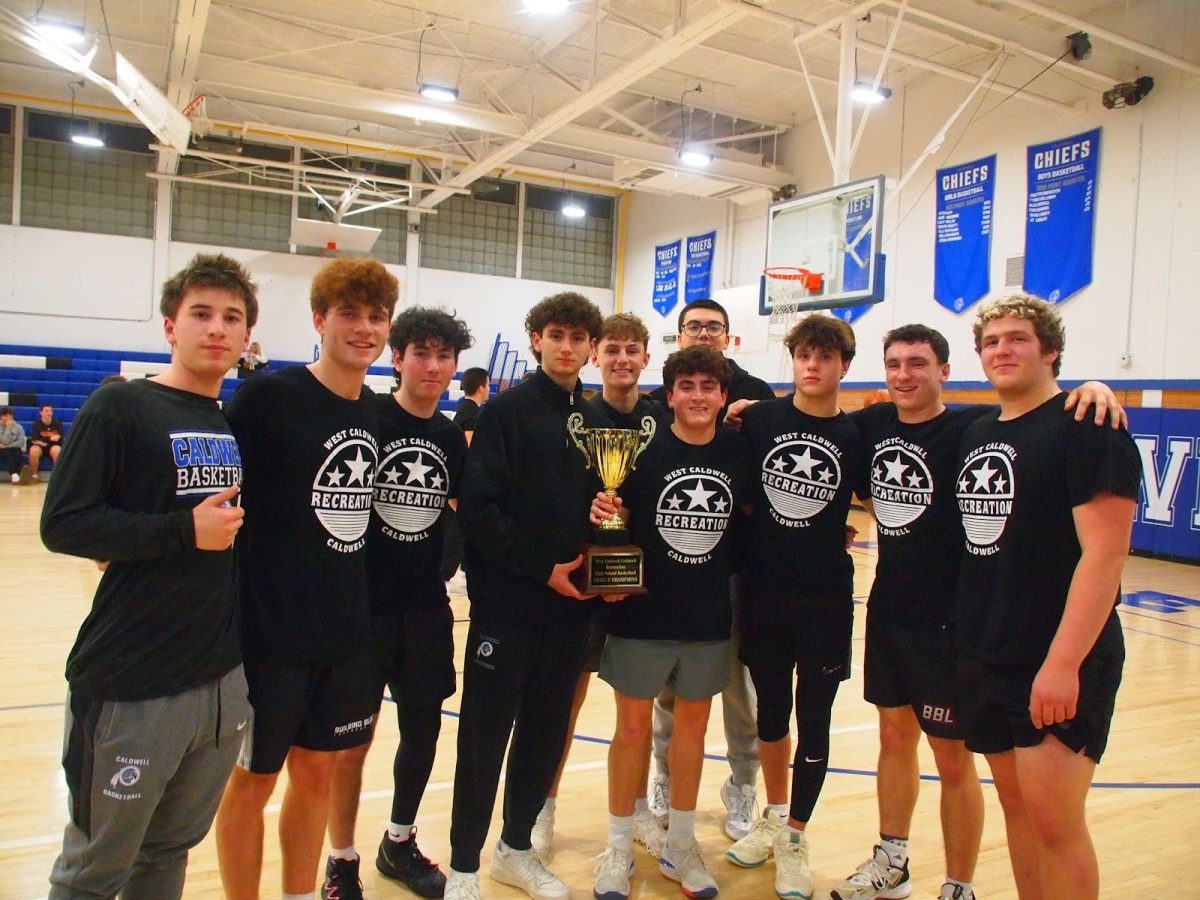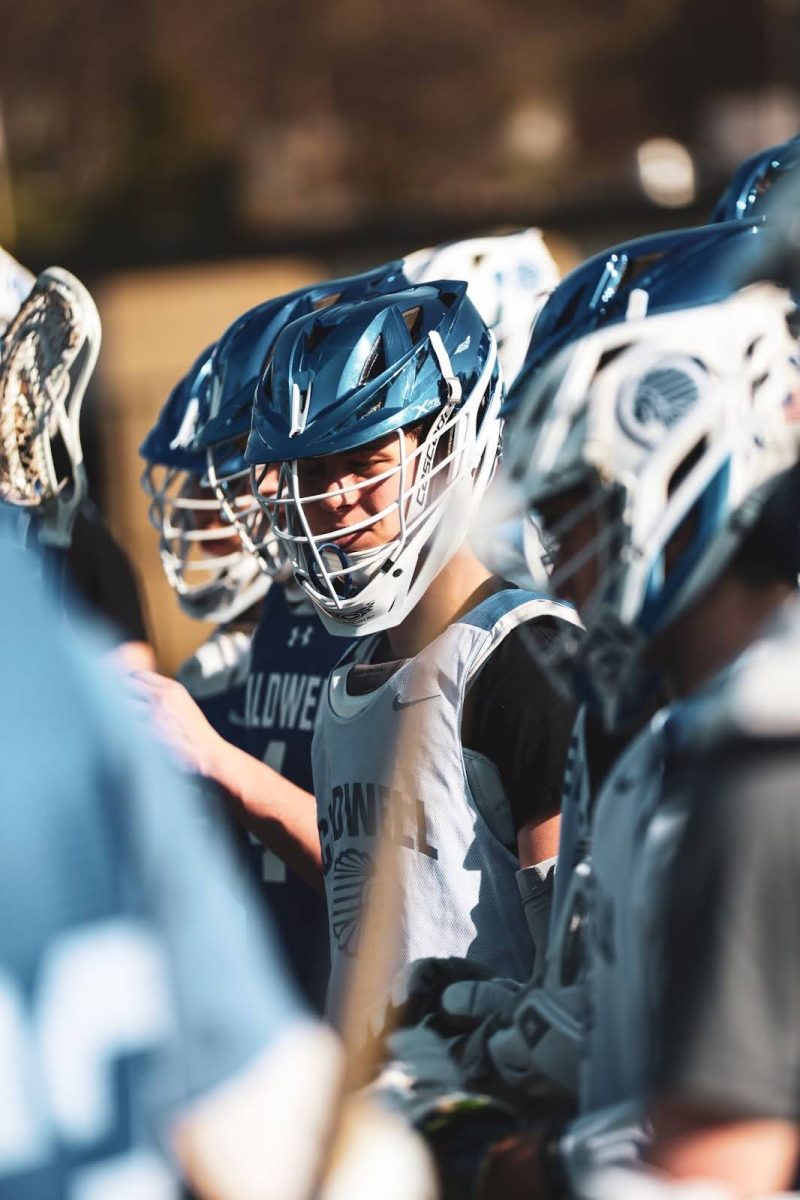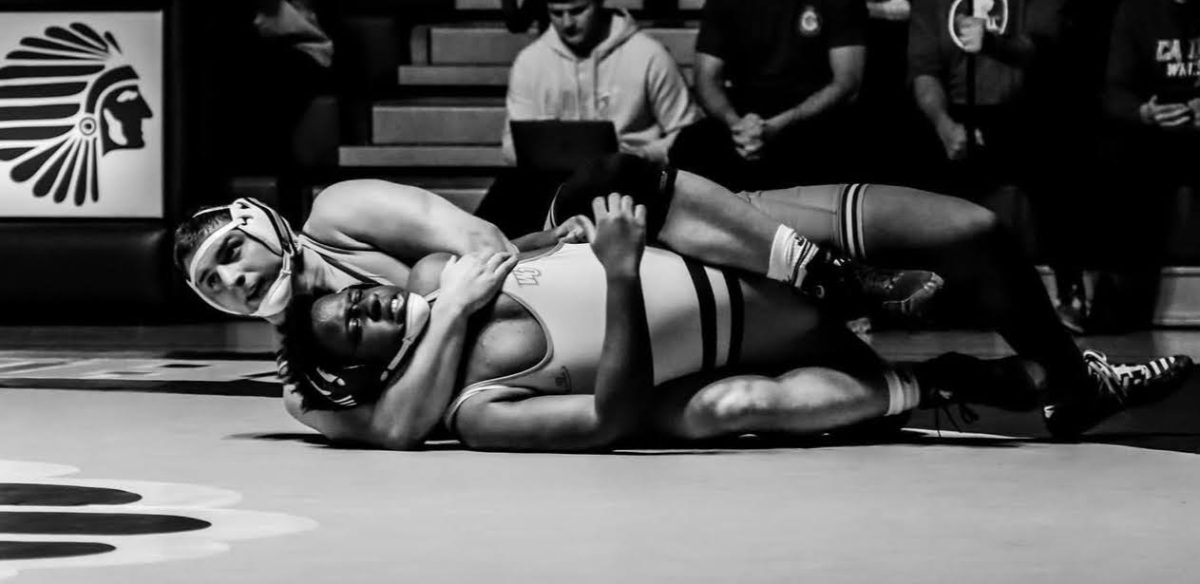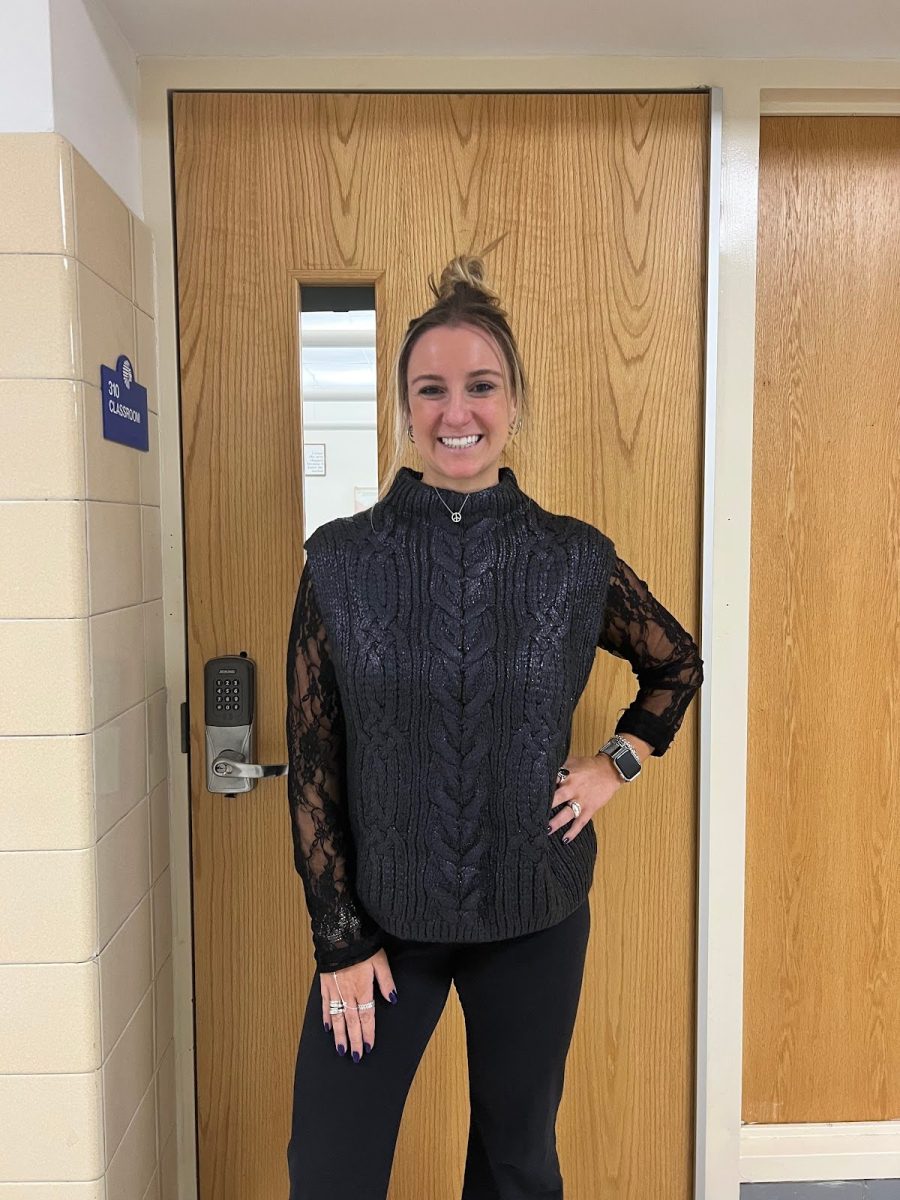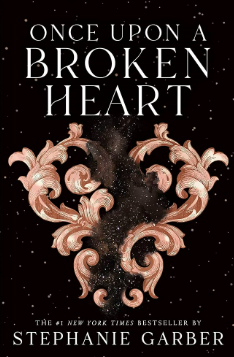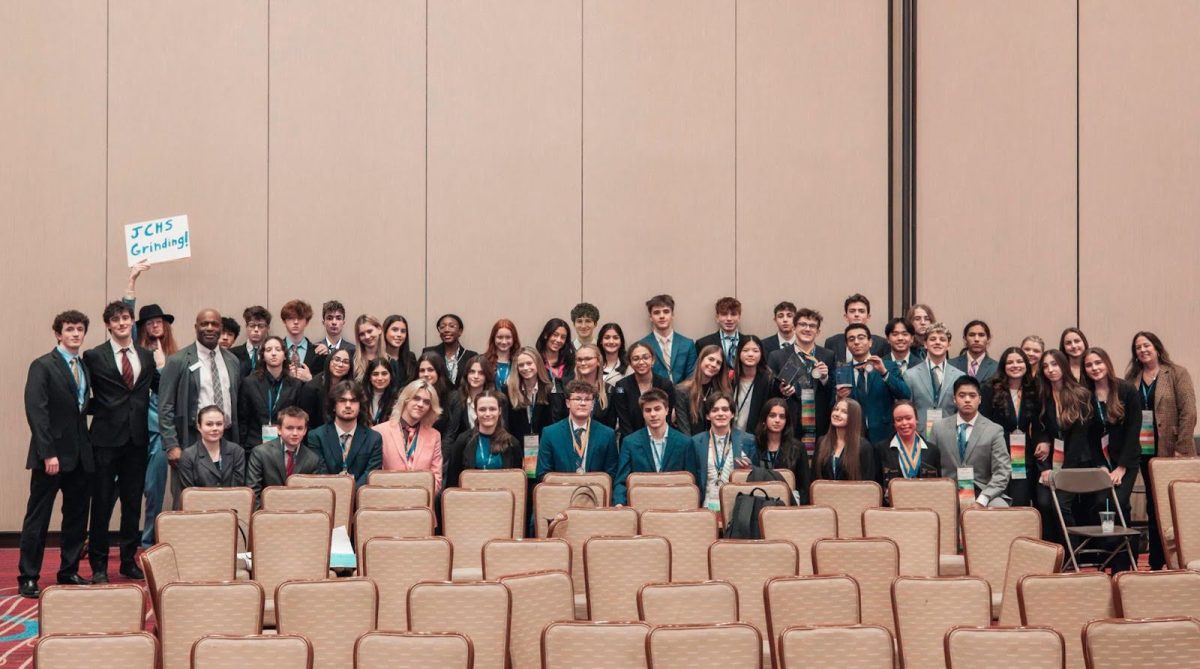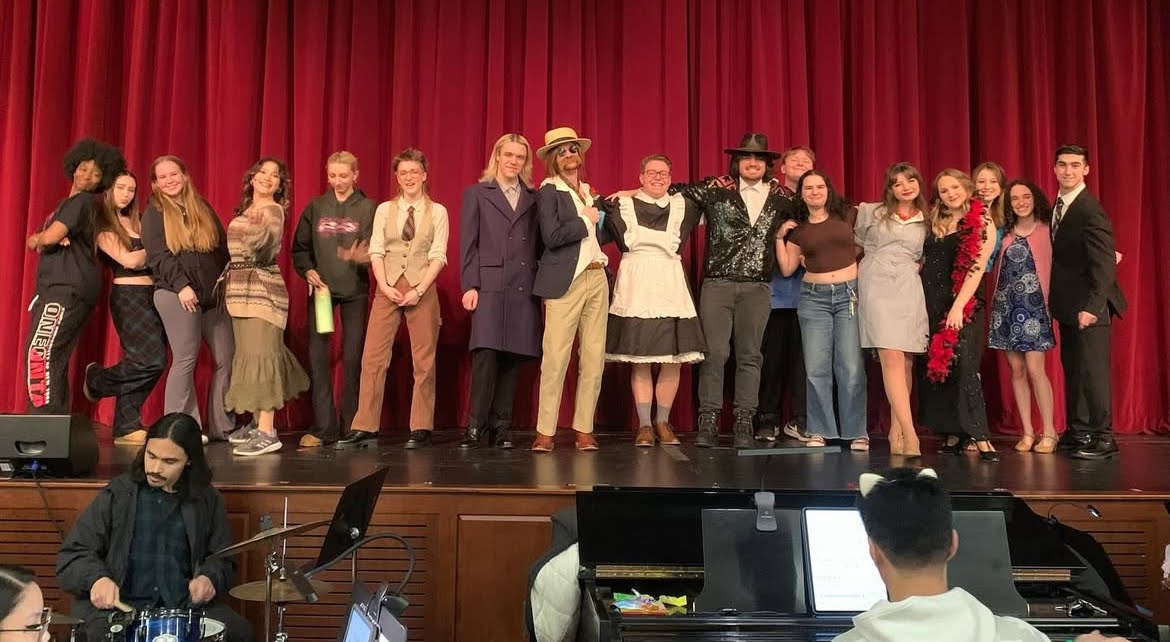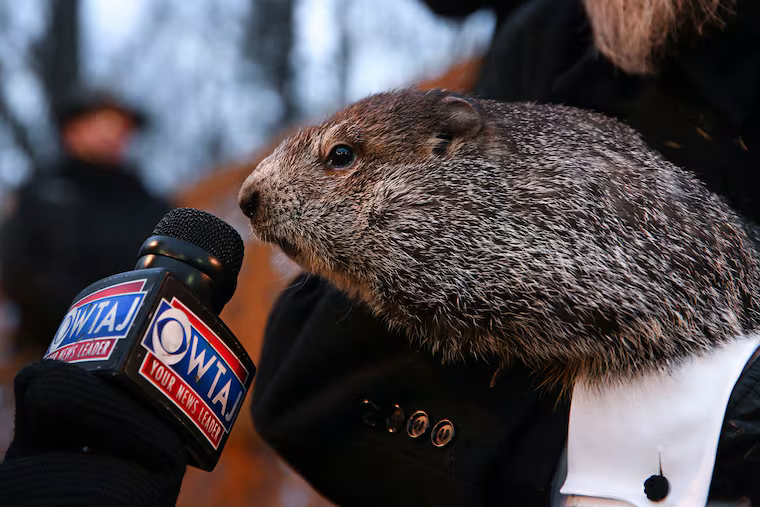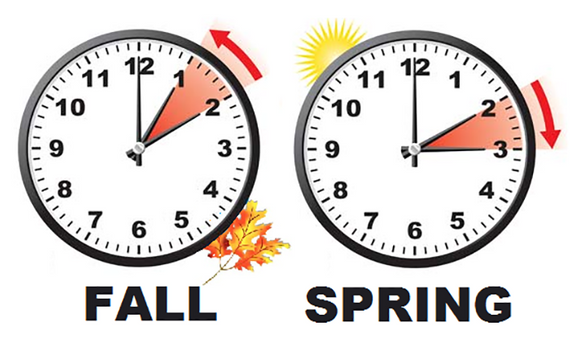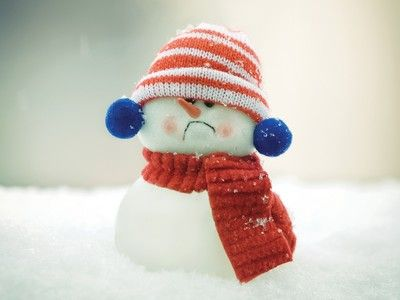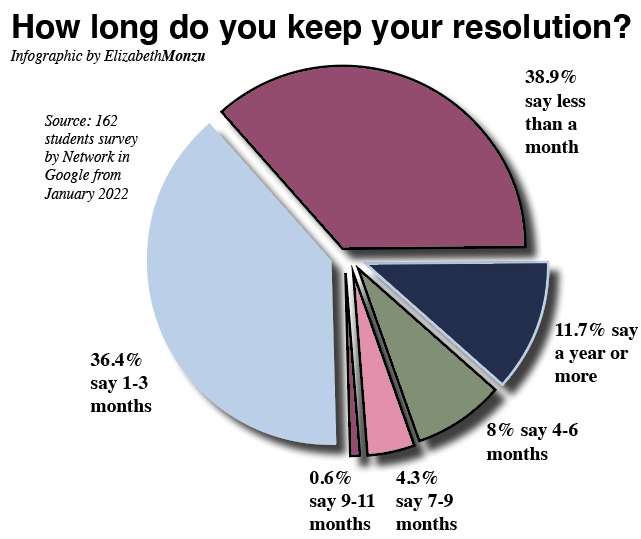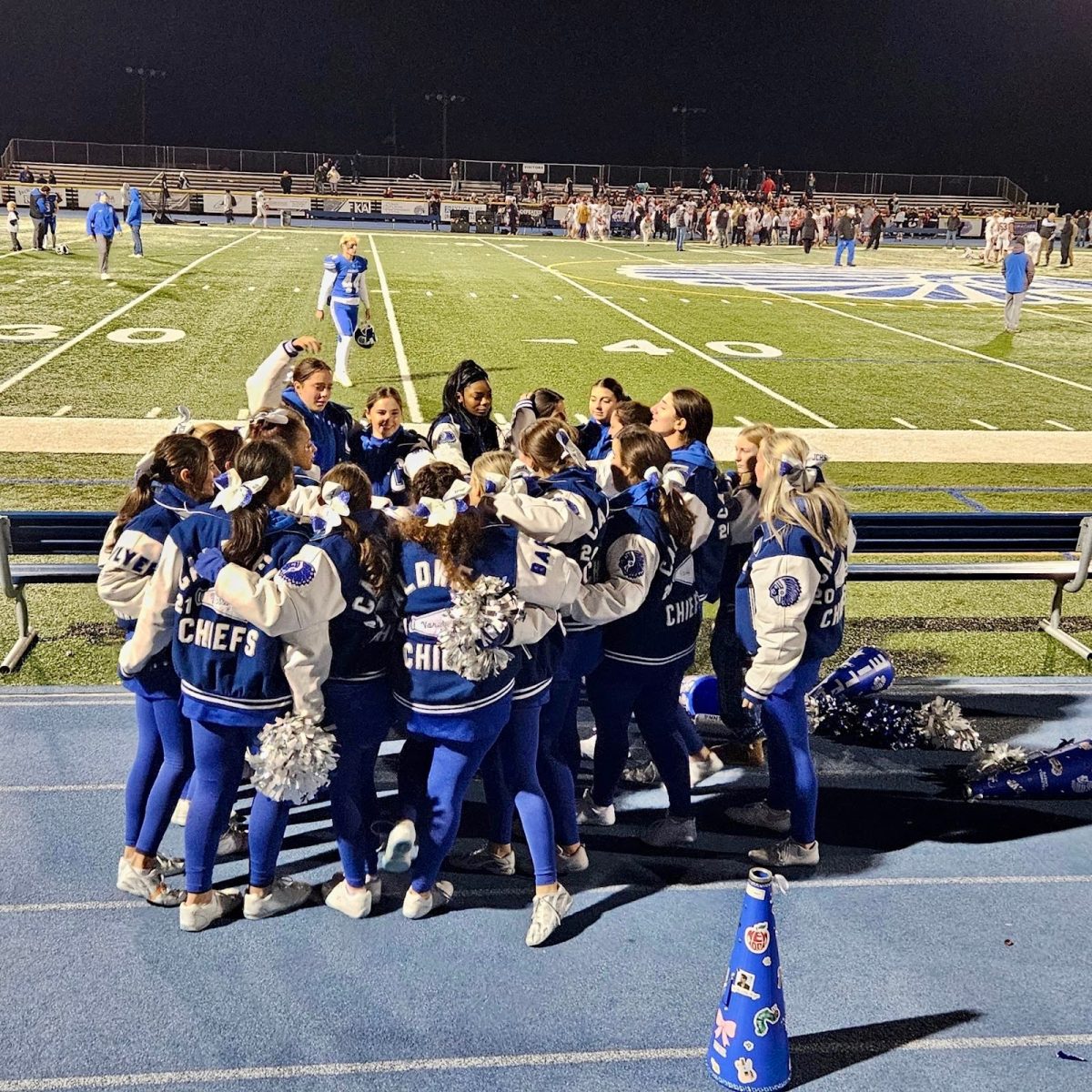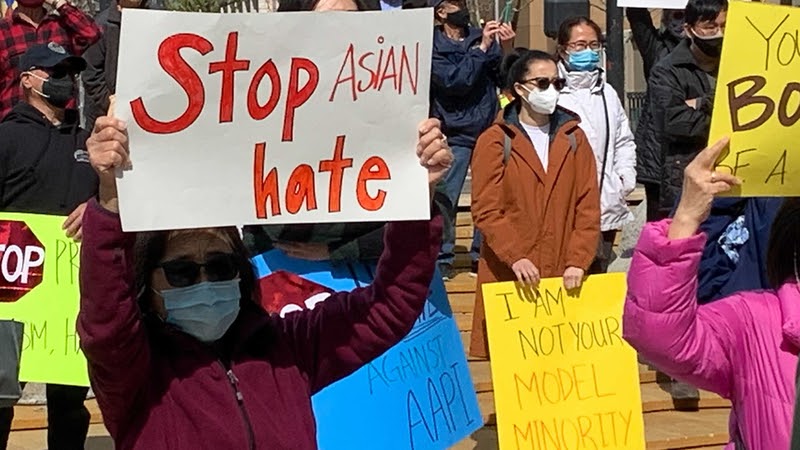It’s no secret that COVID-19 has exacerbated long-existent racial tensions in America. From the rumors that COVID-19 started in China to people’s ardent avoidance of Chinese restaurants, Chinese Americans have become the victims of increasing discrimination and bigotry. Unsurprisingly, anti-Chinese sentiments have spilled onto all East Asian Americans due to the lack of differentiation between Asian Americans stemming from racial bias. The government’s handling of the situation and the hate the Asian community has experienced have been utterly underwhelming, and Trump’s reference to the Coronavirus as the “Kung-Flu” and the “China virus” has only made matters worse.
Yet, in 2020 I barely encountered articles from mainstream media news outlets covering the drastic increase in anti-Asian hate. I had to scour social media and the internet to find a single mention of a victim or a particular hate crime. After months of silence, big news sites have only begun reporting these crimes due to the heights anti-Asian hate has reached. Regardless of the media’s increasing coverage and discussion of this phenomenon, the coverage has been undeniably and inexcusably unequal.
According to NBC News, Anti-Asian hate crimes increased 150% in 2020. These drastic increases were mostly seen in cities, as all but two cities had doubled in numbers of Asian-American hate crimes. While the first increases were seen in the early phase of the pandemic–March and April of 2020– there is a direct correlation between rising hate crimes targeted toward Asian-Americans and COVID cases. Similarly, the organization Stop AAPI Hate received nearly 3,000 reports of anti-Asian aggression between March and December of last year, according to ABC News.
Racial bigotry and vitriol has been detrimental to Asian Americans, leading to higher levels of anxiety and depression stemming from incidents of racial trauma. The constant fear of being called a racial slur, being harassed, attacked, or even killed simply because of race is understandably exhausting and has led to a lessened feeling of security.
Asian elders and women have been disproportionately victimized by anti-Asian violence, as they are perceived as “easier targets.” Several of these anti-Asian attacks went viral, such as a video of a 91 year old man in Oakland’s Chinatown being shoved to the ground, along with the death of Vicha Ratanapakdee, an 84 year old Thai grandfather who was killed the same way. The most recent Asian American attack that received major media coverage was the murder of 8 people at several Asian-run spas in Atanta, with six of the victims being Asian women, by a white gunman on March 16th. While the shooter was later arrested, the Cherokee County sheriff downplayed the crime to the shooter having “a really bad day” and wanting to “eliminate” his self-confessed “sexual addiction.”
This constant downplaying of anti-Asian violence by law enforcement and the media not only excuses it, but perpetuates deep rooted issues of fetishization and stereotypes of passivity imposed upon Asian women. Anti-Asian hate crimes not only are a reflection of xenophobic fear, but on how Asian American existence itself is viewed. It seems that only murder warrants significant media coverage, while other appalling incidents of hate remain grossly underestimated and underreported by in America.
In response to these attacks, many celebrities have been spreading awareness and speaking out against Anti-Asian hate, including Olivia Munn, Daniel Dae Kim, Awkwafina and many others. Others have taken to the streets, as Sandra Oh boldly denounced Anti-Asian hate at a recent Stop Asian Hate rally, proudly proclaiming what so many Asian Americans needed to hear “I am proud to be Asian.” Many celebrities have also used their influence to spotlight organizations combating Asian Hate, such as Stop AAPI Hate and the Asian American Legal Defense Fund, not to mention the lawyers working tirelessly to pass bills protecting Asian Americans.
While Anti-Asian attacks have dramatically risen due to anti-Asian language perpetuated by the GOP and COVID-19 misinformation, Asian American hate isn’t a new phenomenon. Asian Americans have perpetually been seen as “foreigners” and have been othered by majority white America. Additionally, reports of hate crimes experienced by Asian Americans have often been invalidated by media narratives perpetuating Asian Americans as model minorities. While Asian Americans statistically make up the highest levels of achievement compared to other racial groups, their achievement does not disregard the blatant racism they experience. Socio-economic status or success in higher education shouldn’t undermine the fact that they are–we are– being disproportionately targeted and discriminated against.
Beyond the Asian American community, there remains discrimination between BIPOC communities. It would be untrue to say that Asian Americans have always been there for the Black community or that the Black community has done the same. There is anti-Blackness in and anti-Asianness present in both communities, as both groups have long been pitted against each other in their fight for human rights. It’s also influenced by the deeply internalized racism perpetuated by white Americans that the Asian and Black communities have inadvertently weaponized against each other.
Now is the time for Black Americans to support Asian Americans and for Asian Americans to continue to do so for the Black community or find the courage to step up. The slogan “Yellow Peril Supports Black Power” perfectly encapsulates the solidarity between Black and Asian Americans that is so critical at this moment. While Asian Americans have been the most vocal against the hate the Asian community has been experiencing, Trever Noah and other black celebrities and individuals have joined in the cries against AAPI Hate, showing that the support of Black and Asian communities are not mutually exclusive.
POC Communities and white Americans must band together with Asian Americans to denounce AAPI hate. If “silence is violence”, then the lack of discussion about Asian-American hate crimes simply validates and perpetuates their occurrence. It is vital that we have discussions surrounding Asian American identity and America’s attitudes and fears towards Asian-American existence. We must also do our part to actively combat Anti-Asian hate, whether it’s supporting local Asian businesses, signing petitions, or calling out racist jokes. Only in solidarity, support and acceptance of one another can we proceed into the “new normal.”
Please consider donating to:
- Stop AAPI Hate: https://stopaapihate.org/actnow/
- Asian Mental Health Collective: https://www.asianmhc.org/
- Asian Pacific Fund COVID-19 Recovery Fund: https://asianpacificfund.org/make-an-impact/covid19-recovery-fund/

Sources:
https://abcnews.go.com/Health/rise-anti-asian-american-hate-crimes-lead-mental/story?id=76211964


